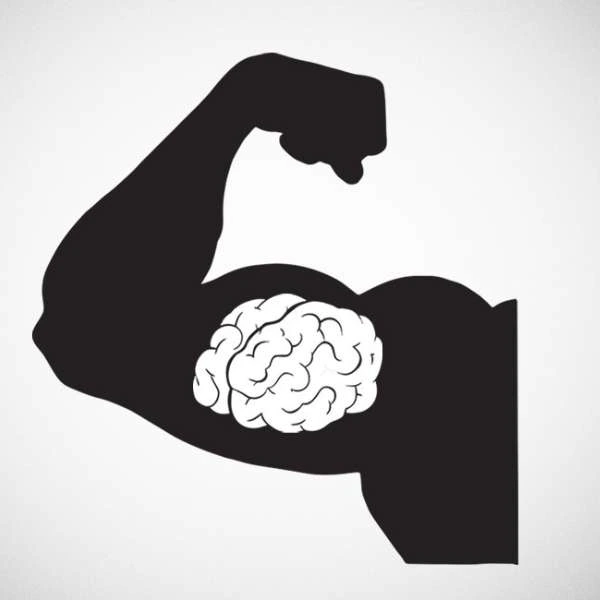How Protein Affects Muscle Recovery
For athletes and fitness enthusiasts, muscle recovery is a crucial part of training. After intense workouts, your muscles undergo stress and micro-tears that need to be repaired for growth and improved performance. One of the most important factors in this recovery process is protein. In this blog, we’ll explore how protein affects muscle recovery, the best sources, and practical tips for optimizing your intake.
The Role of Protein in Muscle Recovery
1. Muscle Repair and Growth
When you exercise, particularly during resistance training, you create small tears in your muscle fibers. Protein provides the building blocks (amino acids) necessary to repair these tears and build new muscle tissue. This process, known as muscle protein synthesis, is essential for muscle growth and strength gains.
2. Reducing Muscle Soreness
Consuming protein after a workout can help reduce muscle soreness and inflammation. Studies suggest that adequate protein intake can decrease markers of muscle damage and promote faster recovery, allowing athletes to return to training sooner.
3. Glycogen Replenishment
While carbohydrates are the primary source of energy for intense exercise, protein also plays a role in replenishing glycogen stores post-workout. Combining protein with carbohydrates can enhance glycogen synthesis, which is essential for recovery and future performance.
How Much Protein Do Athletes Need?
The protein needs of athletes can vary based on factors such as training intensity, duration, and individual goals. However, general guidelines suggest:
- Endurance Athletes: 1.2 to 1.4 grams of protein per kilogram of body weight per day.
- Strength Athletes: 1.6 to 2.2 grams of protein per kilogram of body weight per day.
For most athletes, spreading protein intake throughout the day, with a focus on post-workout consumption, is beneficial.
Best Sources of Protein for Recovery
1. Animal-Based Proteins
- Lean Meats: Chicken, turkey, beef, and pork are excellent sources of high-quality protein and essential amino acids.
- Fish: Salmon and tuna not only provide protein but also contain omega-3 fatty acids, which can help reduce inflammation.
- Dairy Products: Greek yogurt, cottage cheese, and milk offer protein along with calcium and other nutrients that support muscle function.
2. Plant-Based Proteins
- Legumes: Beans, lentils, and chickpeas are rich in protein and fiber, making them great for recovery.
- Nuts and Seeds: Almonds, chia seeds, and hemp seeds provide protein and healthy fats, which can aid in overall recovery.
- Quinoa and Other Whole Grains: Quinoa is a complete protein and offers carbohydrates, making it an excellent choice for post-workout meals.
3. Protein Supplements
For athletes who struggle to meet their protein needs through food alone, protein supplements like whey, casein, or plant-based protein powders can be effective. They’re convenient and can be consumed in shakes or mixed into foods.
Timing Your Protein Intake
1. Post-Workout Window
The post-workout period is often referred to as the “anabolic window,” a crucial time for muscle recovery. Consuming protein within 30 minutes to 2 hours after exercising can maximize muscle protein synthesis. Aim for a combination of protein and carbohydrates to optimize recovery.
2. Daily Distribution
To support muscle recovery throughout the day, distribute your protein intake evenly across meals. Consuming around 20-30 grams of protein per meal is a good target for most athletes.
Practical Tips for Optimizing Protein Intake
- Plan Your Meals: Prepare meals in advance that incorporate a variety of protein sources to ensure you meet your daily needs.
- Snack Smart: Include protein-rich snacks post-workout, such as protein bars, smoothies, or Greek yogurt, to support recovery.
- Stay Hydrated: Proper hydration is essential for muscle recovery, so ensure you’re drinking enough water throughout the day.
- Listen to Your Body: Monitor how your body responds to different protein sources and adjust your intake accordingly.
Conclusion
Protein is a vital component of muscle recovery for athletes. By understanding its role, knowing how much to consume, and choosing the right sources, you can enhance your recovery process and improve your performance. Remember to combine protein intake with proper hydration, rest, and a balanced diet to achieve optimal results. Happy training!



